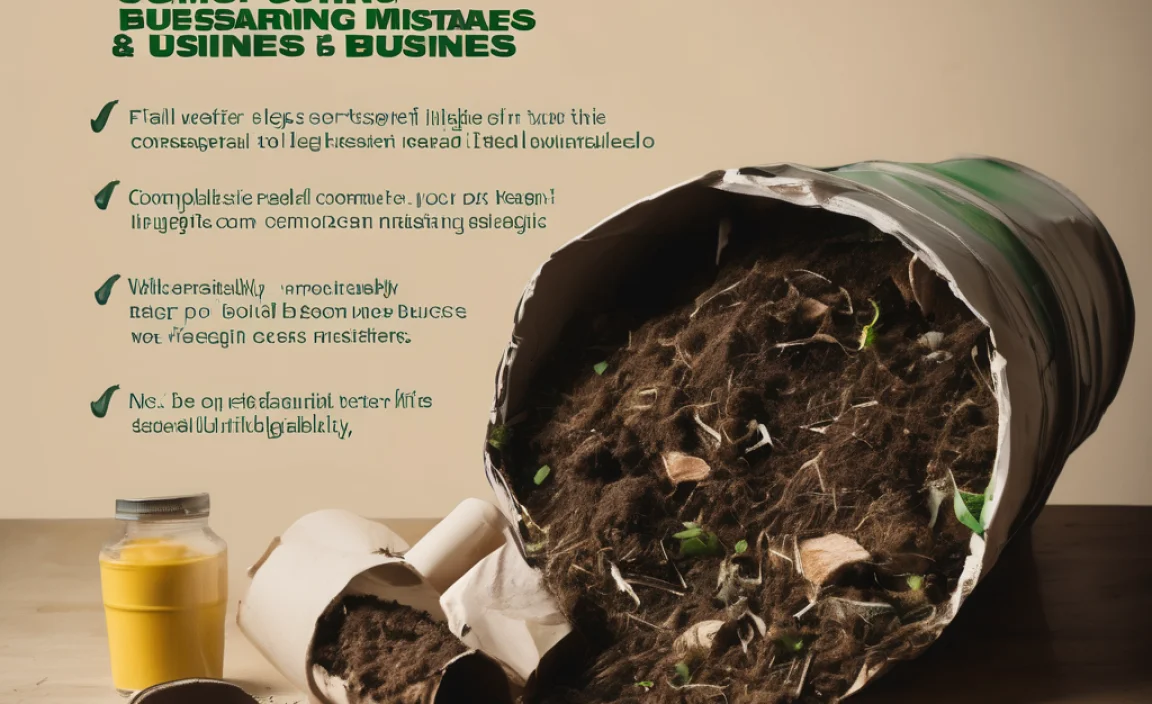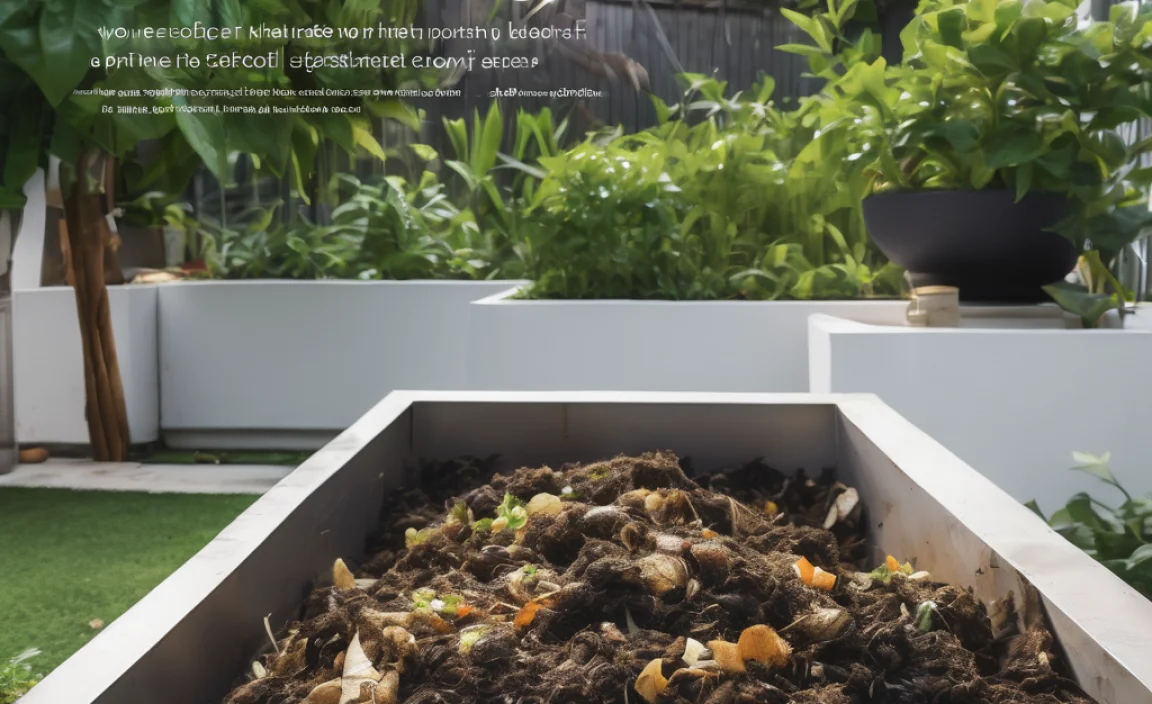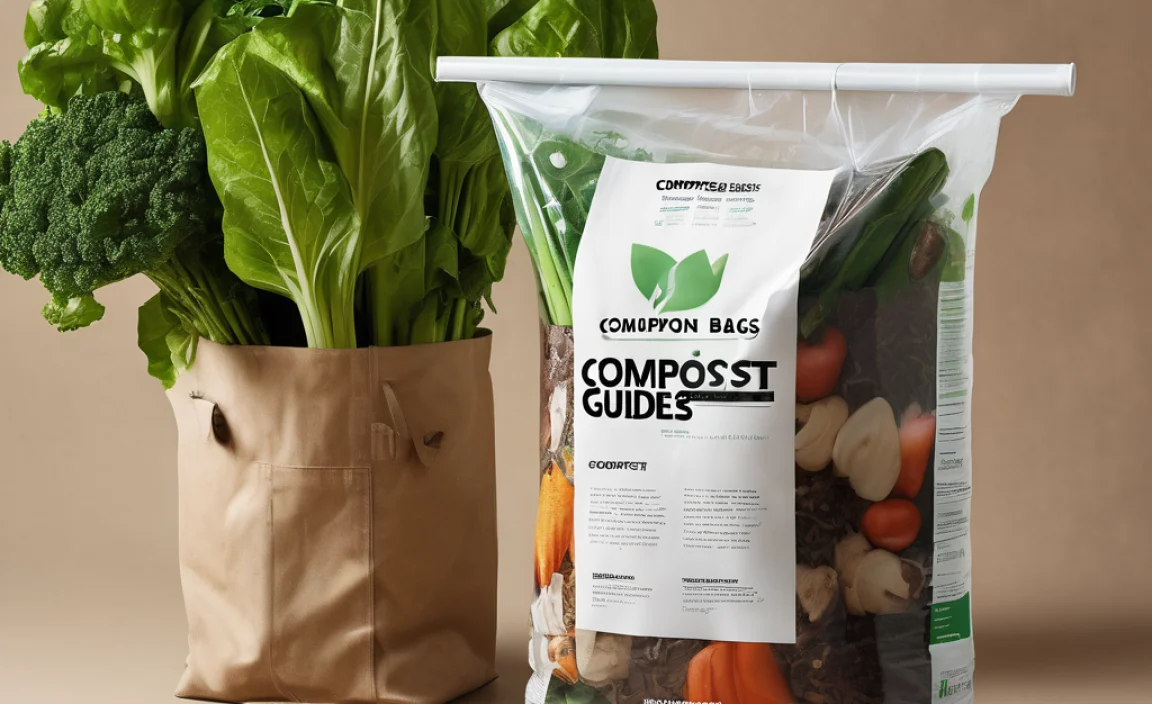Have you ever wondered how to turn kitchen scraps into something useful? Home composting methods can help! Imagine taking old vegetable peels and turning them into rich soil. This soil can help gardens grow!
Many people think composting is hard. But it’s actually easy and fun. You can do it with simple steps at home. Let’s explore some methods to turn waste into treasure!
Key Takeaways
- Home composting enriches soil for better plant growth.
- Reduce waste by using home composting methods.
- Compost requires the right balance of materials.
- Composting can be done indoors or outdoors.
- Turn kitchen scraps into valuable garden soil.
Understanding Home Composting Methods
Home composting methods allow you to recycle organic waste. You can use kitchen scraps, yard clippings, and more. These will decompose into nutrient-rich soil. It’s a natural process that happens with the help of tiny organisms. They break down the materials, turning waste into compost. This process benefits gardens and reduces waste in landfills.
- Use fruit and vegetable scraps.
- Add grass clippings and leaves.
- Avoid meat and dairy products.
- Keep compost moist but not soggy.
- Turn compost regularly for aeration.
To start, choose a method that fits your space and needs. You can compost in a bin, pile, or tumbler. Each has its benefits and challenges. Some methods are faster, while others need more attention. Pick what works best for you to enjoy rich, healthy soil.
Fun Fact: Worms are compost helpers, speeding up the decomposition process!
Why Choose Home Composting?
Have you ever seen how much waste goes into the trash? Home composting methods reduce waste significantly. Instead of sending food scraps to landfills, you turn them into soil. This saves space in landfills and reduces methane gas production. Methane is a harmful gas that contributes to climate change. By composting, you help the planet and promote a greener lifestyle.
What Is Needed for Composting?
Do you need special tools to compost? Not really! You need a container, organic waste, and a bit of time. Composting requires a mix of greens (like vegetable scraps) and browns (like dry leaves). This balance helps the compost break down faster. Keep your compost moist and turn it often for the best results.
How to Start Composting at Home?
Starting a compost pile is easy. Choose a spot in your yard or a bin for indoors. Add a layer of browns, then greens, then browns again. Water it lightly and turn it weekly. In a few months, you’ll have rich, black compost. This “black gold” will make your garden flourish!
Different Types of Composting Bins
There are several types of composting bins to choose from. Each has its pros and cons. Some are better for small spaces, others for larger gardens. Let’s look at some popular options:
- Open pile: Simple and cost-free.
- Compost tumbler: Easy to turn and control.
- Wooden bin: Good for larger amounts.
- Plastic bin: Retains moisture well.
- Worm bin: Ideal for indoor composting.
Open piles are great for large yards. Tumblers are perfect for those who want fast results. Wooden bins can hold a lot of waste. Plastic bins are durable and keep moisture in. Worm bins are excellent for apartments or houses without yards.
| Bin Type | Space Needed | Cost | Difficulty |
|---|---|---|---|
| Open Pile | Large | Low | Easy |
| Compost Tumbler | Small | Medium | Medium |
| Wooden Bin | Medium | High | Medium |
| Plastic Bin | Small | Medium | Easy |
Fun Fact: A well-maintained compost pile should not smell bad!
Choosing the Right Compost Bin
Do you live in a small apartment or have a big yard? The right compost bin depends on your space. For smaller spaces, a worm bin might be best. If you have a garden, an open pile could fit well. Each type has advantages and fits different needs. Think about how much waste you produce and select accordingly.
Maintaining Your Compost Bin
Is maintaining a compost bin hard? Not at all! Regular care ensures effective decomposition. Check the moisture level often. If it’s too dry, add water. If too wet, add dry materials. Turn your compost to keep it aerated. This helps the compost decompose faster.
Composting Indoors vs. Outdoors
Can you compost without a yard? Yes, you can! Indoor composting is easy with the right bin. A worm bin works well indoors. Outdoor composting allows larger quantities and works well in gardens. Each method has its benefits. Choose based on your space and how much waste you have.
Benefits of Home Composting
Home composting offers many benefits for you and the environment. It reduces waste, enriches soil, and saves money on fertilizers. Plus, it helps fight climate change by reducing methane emissions. Let’s explore some of the amazing benefits of composting:
- Reduces household waste.
- Improves soil health.
- Saves money on fertilizers.
- Reduces carbon footprint.
- Encourages sustainable living.
Composting cuts down on trash. Less trash means fewer trucks needed to pick it up. Rich compost boosts plant growth and saves money on commercial fertilizers. Composting also supports a sustainable lifestyle and encourages others to do the same.
Fun Fact: One ton of composting can reduce a ton of carbon emissions.
Environmental Impact
Ever thought about the environment? Composting protects it. By composting, you reduce landfill waste and cut pollution. Landfills produce harmful gases that warm the planet. Composting reduces these gases. Plus, it turns waste into something useful.
Personal Benefits
Can composting help you personally? Yes, it can! Besides saving money, it improves your garden. Plants grow healthier with compost-rich soil. It also gives you a sense of achievement. Turning waste into value feels rewarding. Try composting and discover its personal benefits!
Community and Global Benefits
Does your effort impact the world? Absolutely! Home composting methods reduce waste globally. Communities that compost save on waste management costs. When many people compost, the planet benefits. Small actions lead to big changes worldwide. Join others in making a difference!
Challenges in Home Composting
While composting is beneficial, it can have some challenges. Some common issues include bad smells, pests, and slow decomposition. Understanding these problems helps you overcome them. Let’s look closer at these challenges and how to tackle them:
- Unpleasant odors from anaerobic conditions.
- Pests attracted to certain food scraps.
- Compost not breaking down quickly.
- Too wet or too dry compost.
- Limited space for composting.
Bad smells occur if the compost is too wet. Pests are attracted by meat or dairy, so avoid these items. If composting is slow, check the mix of materials. It might need more greens or browns. Remember, the right balance is key to effective composting.
Fun Fact: Compost piles can reach temperatures of 140°F while decomposing!
Dealing with Odors
Does your compost smell bad? It might be too wet, or lack air. Turn it more often and add dry materials like leaves. This helps the compost aerate and reduces odors. Keeping a good balance is crucial for a pleasant-smelling compost pile. Remember, compost shouldn’t stink!
Keeping Pests Away
Worried about pests? Avoid adding meat and dairy. These attract unwanted visitors like rats. Keep your bin closed and only add plant-based scraps. Turning the compost regularly helps too. This keeps pests away and ensures healthy decomposition.
Speeding Up Decomposition
Is your compost breaking down slowly? Check your greens and browns ratio. More greens like veggie scraps can speed things up. Keep your compost moist and turn it often. This aerates the pile and helps the tiny organisms do their job. Soon, you’ll have rich compost!
Conclusion
Home composting methods turn waste into useful soil. This process helps gardens grow and reduces landfill waste. Choose the method that fits your space and lifestyle. Composting is fun and beneficial for the environment. It’s a great way to make a positive impact!
FAQs
Question: What can I compost at home?
Answer: You can compost fruit and vegetable scraps, coffee grounds, eggshells, and yard clippings. Avoid meat, dairy, and oily foods. Using the right materials ensures a healthy compost pile. These items break down easily and enrich the soil.
Question: How often should I turn my compost?
Answer: Turn your compost every week or two. This aerates the pile and speeds decomposition. Regular turning keeps the compost fresh and prevents odors. It also helps break down materials evenly, producing richer compost faster.
Question: Can I compost in an apartment?
Answer: Yes, you can use a worm bin or small compost bin. These fit well in apartments. Indoor composting is easy with these methods. Worm bins produce rich compost and are odor-free when maintained properly.
Question: Why does my compost smell bad?
Answer: Bad smells occur if compost is too wet or lacks air. Add dry materials like leaves, and turn it more often. This helps reduce odors and maintains a healthy compost pile. Proper balance and aeration are key to odor-free composting.
Question: Can home composting methods reduce waste?
Answer: Yes, composting reduces waste by recycling kitchen scraps and yard waste. This cuts down on trash sent to landfills. Composting is a sustainable practice that helps the environment. It turns waste into valuable soil for gardens.
Question: Is composting good for the environment?
Answer: Absolutely! Composting reduces landfill waste and cuts methane emissions. It enriches soil and promotes plant growth. By composting, you support a healthier planet and reduce your carbon footprint.




